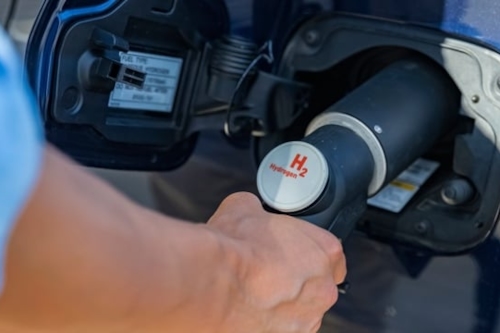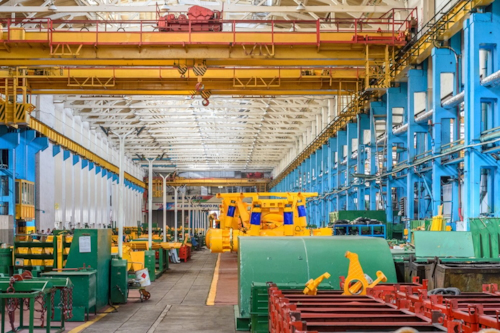Hydrogen Mobility and Refueling stations
Hydrogen produced from renewable energy sources can make an important contribution to reducing greenhouse gas emissions from transport. Kiwa has an extensive test laboratory for hydrogen vehicle components.


Kiwa has traditionally been an expert in the field of natural gas. We now apply this expertise innovatively to hydrogen. We do this with tailored advice, testing, certificationa and training. Together, we take concrete steps.
We see two clear trends when it comes to energy transport and distribution, both driven by the energy transition.
The first trend is the feasibility study of converting existing natural gas networks so they can be safely used for hydrogen transport.
The second trend is the construction of refueling stations to accommodate the expected growth of vehicles for large transport powered by green gas and hydrogen.
✓ One-stop-shop: knowledge of all sustainable energy solutions under one roof
✓ Proven quality for testing, certification and training
✓ Independent advice and assessment
✓ Concrete innovation steps with a tailored approach
✓ Quick action with our clear vision on the energy transition
Hydrogen produced from renewable energy sources can make an important contribution to reducing greenhouse gas emissions from transport. Kiwa has an extensive test laboratory for hydrogen vehicle components.

One of the main fields of application for which hydrogen is being explored is the conversion of conventional gas distribution networks into hydrogen networks.

The energy infrastructure is becoming increasingly complex. In the past, all users were purchasers of electricity and gas or heat. Now a much greater variety of technologies is available such as heat pumps, home heat and power plants, solar-powered boilers and wind turbines.

How can your Smart Energy Hub prepare for a future where hydrogen plays a central role in the energy transition? Let’s explore some critical questions that can help your hub make strategic choices.

Kiwa is proud to collaborate with Hydriven, the student team from the University of Twente and Saxion University of Applied Sciences, focused on developing a hydrogen-powered race car for the Formula Student competition. In this video, the team shares insights about their race car and what they aim to achieve with it.

Many people think of hydrogen as something new—a futuristic technology that has only recently gained attention. This isn’t entirely true. Hydrogen has been used for decades in industrial processes. However, numerous misconceptions still surround hydrogen, especially as it gains prominence in the energy transition. Let’s debunk some of these myths.

Is your industrial organisation ready for the energy transition? Many Dutch industrial companies are facing increasing pressure to reduce energy consumption, driven not only by societal expectations but also by stricter regulations. With the ambition to achieve climate neutrality by 2050 and a CO₂ reduction of 55% by 2030, the government expects companies to actively contribute to decarbonization. The question is: how can your business prepare and what role can hydrogen play in this?
